The Economist has a review of a book on migration which sounds extremely interesting. This is something I often think about as I find myself constrained by the country of my birth.
I think that there is a strong argument that discriminating against someone based on country of birth is like discriminating against someone based on race.
But this book makes an even more powerful argument: the economic benefits of migration vastly outweigh the costs.
For instance take the second paragraph:
“If rich countries were to admit enough migrants from poor countries to expand their own labour forces by a mere 3%, the world would be richer, according to one estimate, by $356 billion a year. Completely opening borders would add an astonishing $39 trillion over 25 years to the global economy. That is more than 500 times the amount the rich world spends on foreign aid each year. Migration is the most effective tool yet devised for reducing global poverty.”
The book discusses the history of migration before going on to argue that more migration would benefit both poor countries and rich countries.
Poor countries
On the balance migration helps poor countries even though they may lose some of their most skilled citizens. People have an incentive to develop marketable skills but might not migrate; skilled workers often return home after working abroad; migrants send significant amounts of money back to poor countries. And of course the migrants themselves obviously benefit or they wouldn’t leave.
Rich countries
Multiple studies have apparently shown that migrants create more jobs and employment than they consume. Host nations are net beneficiaries of migration. The USA is a nation built on immigrants! Finally, demographic shifts mean that rich countries may come to depend on migrants as their workforces age.
The smart (and I would argue morally correct) move is to allow more immigration. Sadly the world seems to be moving in the opposite direction.

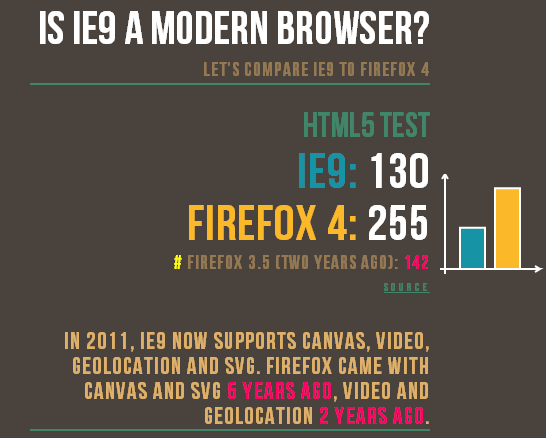
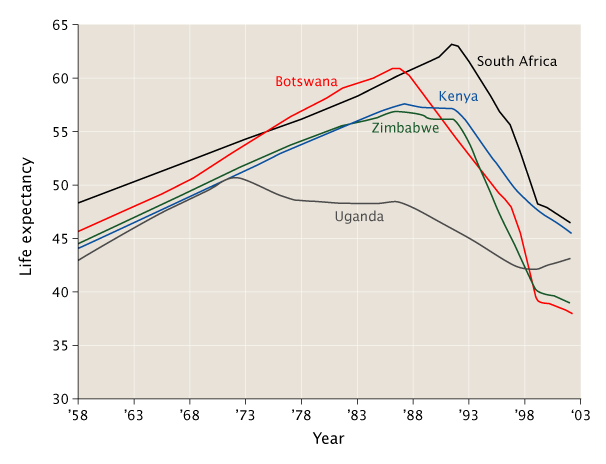
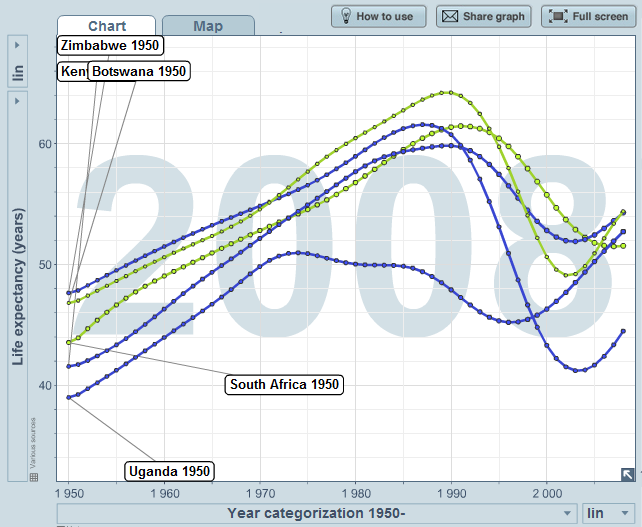
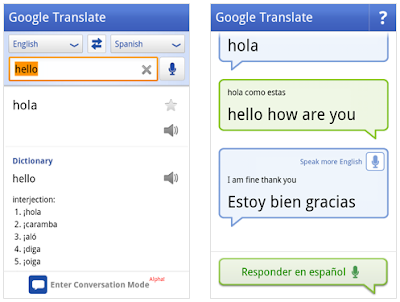


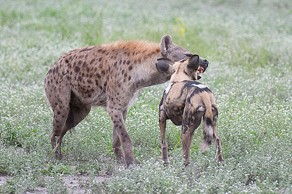 This
This 